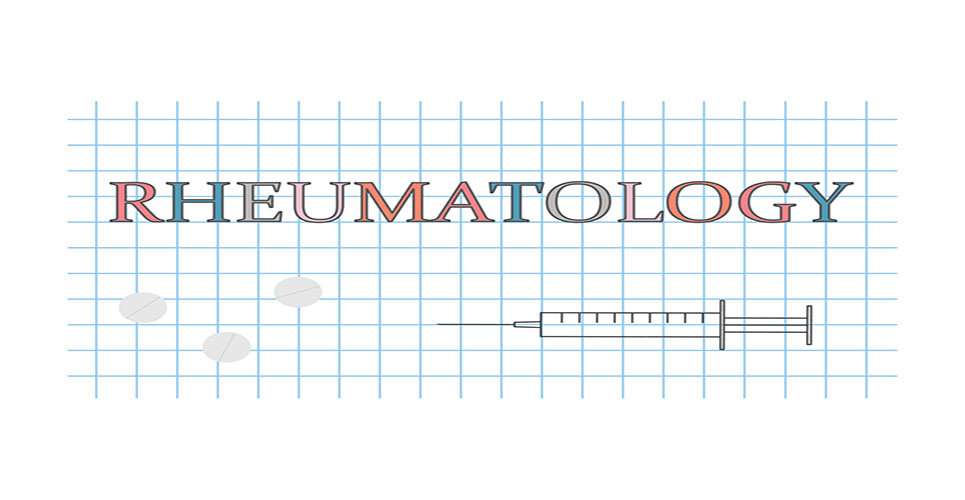teaser
Data announced at the 75th Annual Scientific Meeting of the American College of Rheumatology (ACR) in Chicago supports the BILAG-based Combined Lupus Assessment (BICLA) as a clinically meaningful composite measure of systemic lupus erythematosus (SLE) disease activity.
“Evaluating disease activity in lupus clinical trials is challenging because lupus has a complex pathophysiology, is highly variable between individuals, and has an unpredictable disease course,” said Daniel Wallace, Clinical Professor of Medicine, Cedars-Sinai/David Geffen School of Medicine at UCLA.
“Following confirmation of the BICLA in the EMBLEM™ study, we now have a sensitive, clinically meaningful composite measure of disease activity.”
The EMBLEM™ study was designed to evaluate the efficacy and safety of the investigational product epratuzumab (in combination with immunosuppressants) in SLE, identify an optimal dose and regimen for further studies, and assess the performance of the new BILAG-based Combined Lupus Assessment (BICLA) composite endpoint.
The BICLA was developed based on input from an expert panel that evaluated the characteristics of disease activity indices (DAIs) commonly used in SLE trials and previous experience with DAIs to evaluate the efficacy of epratuzumab in clinical trials.
It requires patients to meet response criteria across three assessment tools: the BILAG-2004 index, SLEDAI index and a physician’s global assessment (PGA).
BICLA responders must achieve BILAG disease activity improvement across all eight body systems with no worsening in BILAG or other disease activity indexes at the same time point, and no treatment failure at any time point.
In the EMBLEM™ study, all epratuzumab doses, which ranged from 200mg to 3600mg dose administered during one 12-week treatment cycle, had numerically superior BICLA response rates compared to placebo at week 12.
For patients receiving epratuzumab at a cumulative dose of 2400mg there was meaningful and statistically significant reductions in disease activity.
The results from the EMBLEM™ study demonstrated that the BICLA, whose components require clinical assessment, physician assessment, laboratory assessment, and recording of medication use, is a sensitive, clinically meaningful composite measure of SLE disease activity and may help to guide the design of future trials in SLE.
In the EMBLEM™ study, the percentage of patients experiencing at least one serious adverse event was similar between the epratuzumab-treated group (7.0%) and placebo treated group (7.9%).
American College of Rheumatology

